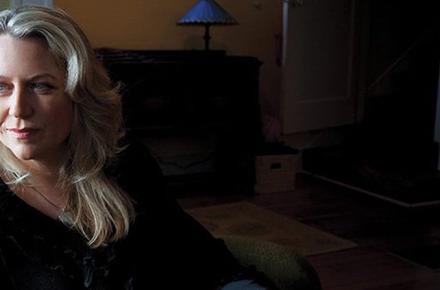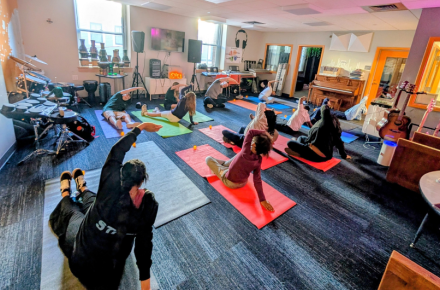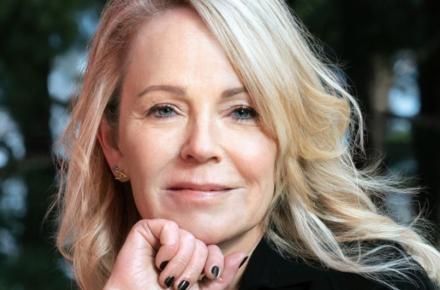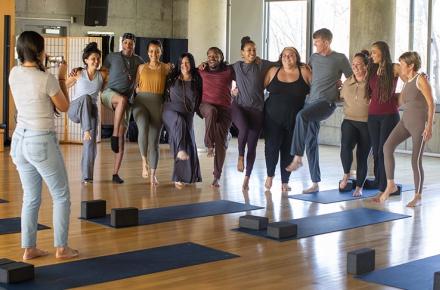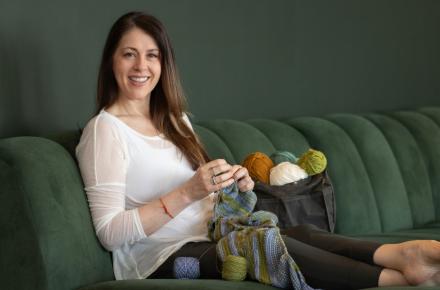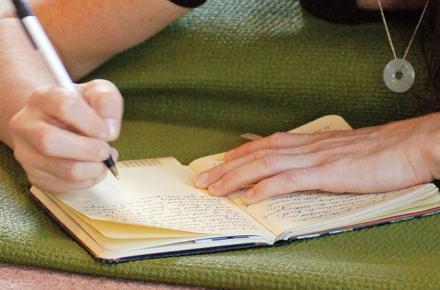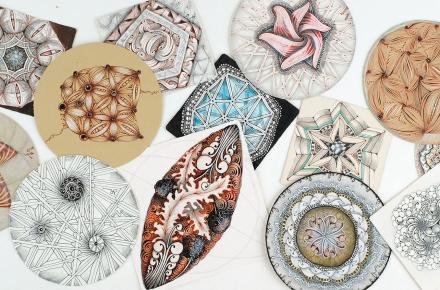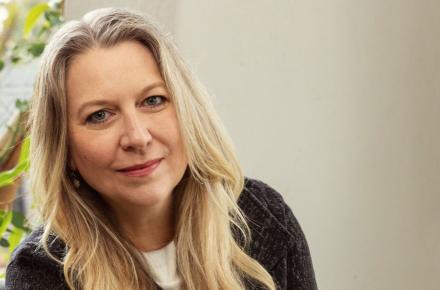Tal Ben-Shahar on Storytelling and Positive Psychology

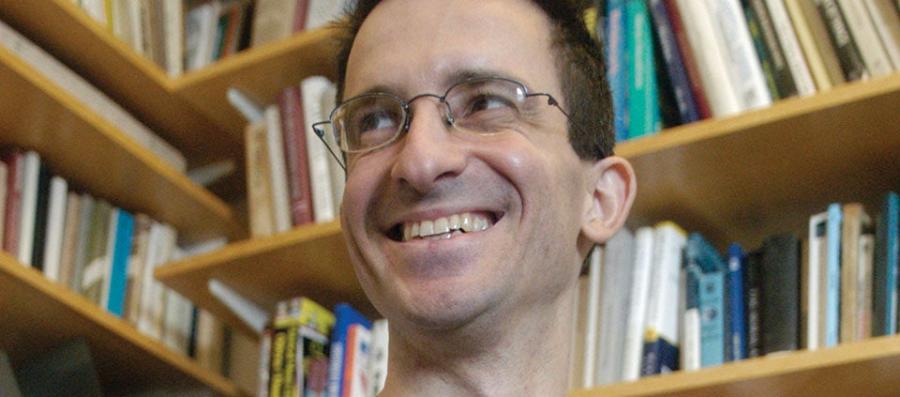
StoryFlow is a series featuring original conversations with Kripalu presenter Lisa Weinert and visionary doctors, writers, yogis, and spiritual leaders about the role of storytelling in their healing and caregiving processes.
Tal Ben-Shahar is a world-renowned teacher of positive psychology and leadership development. His books have been translated into more than 25 languages and have appeared on best-seller lists around the world. Tal consults and lectures worldwide, integrating theory and practice, East and West, philosophy and psychology. He talked with Lisa about the clinical aspects of storytelling, and how the stories we tell impact our happiness and our relationships.
How has storytelling acted as a healing agent in your life?
I see storytelling as the unifying theory of psychology. If you think about it, in the context of clinical psychology, what is therapy all about? It's about helping the client form a coherent story about their life, and it's through that story that they heal. Looking at cognitive psychology, what does our brain remember best? Stories. In organizational psychology, what do the best leaders and organizations do? Emphasize stories. For me, keeping a journal, regularly sharing my story in writing, has been a very important part of my personal growth journey.
In your work, you emphasize the importance of relationships in cultivating happiness in our lives. Can you elaborate on how storytelling and compassionate listening work in fostering interpersonal relationships?
John Gottman, the relationship researcher, points out that one of the best predictors of interpersonal success is determined by the positivity of the story that couples tell about one another and the relationship as a whole. The story I play and replay in my mind about my partner determines how I feel towards her, and how I act towards her. Fortunately, we have much control over the story that we tell, depending on what we choose to focus on. I can choose to focus on my partner's weaknesses, on the things that I don't like much, and then will have a particular story to tell. I can also choose to focus on her strengths, on the things that I admire and respect, and that will, of course, generate a very different story.
Who are the great storytellers in your life? Are there any writers who have particularly influenced your work?
My favorite writer is Mary Anne Evans, who changed her name to George Eliot, so that her work could be published in the 19th century. Her message transforms the ordinary into the extraordinary—elevating our day-to-day actions to the spiritual level, and elevating our life so that we can live it in awe.
Abraham Maslow also influenced my work a great deal. His work inspired the positive psychology movement, and his work permeates everything that I do today.
What is the role of listening in your work?
Listening is critical for most people's personal and professional lives. As a writer, learning to listen to people is, of course, important. So much of what I write comes from my students, from listening to their questions and their answers. At home, the foundation of my relationship with my wife and children is communication—first and foremost, listening to one another.
Listening contributes to the happiness of those who are listened to—whether children or adults—and it also contributes to the person doing the listening. When we listen intently, we're practicing mindfulness, and that has numerous benefits for both physical and mental health.
What is the relationship between happiness and creativity?
There is a common misconception that creativity goes with depression, not with happiness. People like Churchill or Van Gogh or Beethoven come to mind as highly creative individuals who struggled with depression. If you read the biographies of many of the "depressed" geniuses, though, you realize that most of them struggled with manic depression, and it was during their manic rather than depressed states that they were most creative. But we don't need to take things to the extreme. There is much research, by the likes of Alice Isen and Barbara Fredrickson, demonstrating that, if we increase levels of well-being by a little bit, we simultaneously increase people's ability to be creative, to think outside the box, to innovate.
© Kripalu Center for Yoga & Health. All rights reserved. To request permission to reprint, please email editor@kripalu.org.





